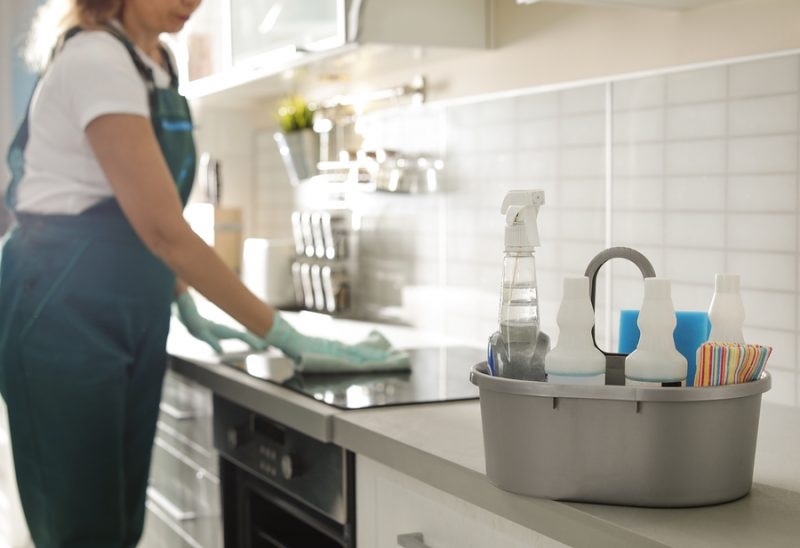Commercial kitchens are the heart of many businesses, from restaurants and catering services to cafeterias and food production facilities. The cleanliness of these kitchens is paramount for several reasons, ranging from health and safety to regulatory compliance and customer satisfaction. Let’s delve into what commercial kitchen cleaning entails and why it matters:
Ensuring Food Safety
- Preventing Contamination: Proper cleaning practices in commercial kitchens help prevent cross-contamination of food, reducing the risk of foodborne illnesses and ensuring the safety of customers.
- Compliance with Regulations: Health and safety regulations mandate that commercial kitchens maintain high standards of cleanliness to adhere to food safety guidelines and regulations.
Preserving Equipment Longevity
- Maintaining Equipment Performance: Regular cleaning of kitchen appliances and equipment prevents the buildup of grease, grime, and debris, extending their lifespan and ensuring optimal performance.
- Preventing Costly Repairs: Neglecting to clean kitchen equipment can lead to malfunctions and breakdowns, resulting in costly repairs or replacements.
Enhancing Operational Efficiency
- Smooth Workflow: A clean and organized kitchen promotes efficiency by reducing clutter and streamlining workflow, allowing kitchen staff to work more effectively and produce high-quality food.
- Minimizing Downtime: Regular cleaning prevents unexpected shutdowns due to equipment malfunctions or health department violations, minimizing downtime and ensuring uninterrupted operations.
Upholding Reputation and Brand Image
- Customer Perception: Cleanliness is often associated with quality and professionalism. Maintaining a clean commercial kitchen enhances the reputation of the establishment and instills confidence in customers.
- Positive Reviews: Positive evaluations and referrals from happy clients increase the likelihood that the company will succeed and expand.
Compliance with Health and Safety Standards
- Meeting Industry Standards: Commercial kitchens must adhere to strict health and safety standards set by regulatory authorities to ensure the welfare of both employees and customers.
- Avoiding Fines and Penalties: The establishment’s credibility and image can be damaged by fines, penalties, and even closure for neglecting to maintain cleanliness and follow the rules.
Environmental Considerations
- Sustainable Practices: Implementing eco-friendly cleaning methods and products reduces the environmental impact of commercial kitchen operations, contributing to sustainability efforts and reducing carbon footprints.
- Waste Management: Recyclable materials and trash disposal techniques reduce pollution to the environment and encourage ethical waste management in commercial kitchens.
Conclusion
In essence, commercial kitchen cleaning is not just about maintaining cleanliness; it’s about safeguarding the health and safety of consumers, preserving equipment longevity, enhancing operational efficiency, upholding reputation and brand image, complying with health and safety standards, and promoting environmental sustainability. Investing in professional commercial cleaning Upstate NY is essential to ensuring that their kitchens meet the highest standards of cleanliness and hygiene, thereby contributing to their success and longevity in the competitive food service industry.

